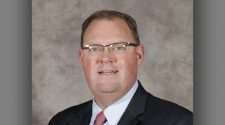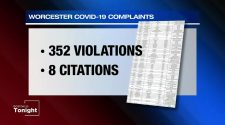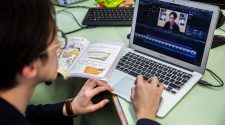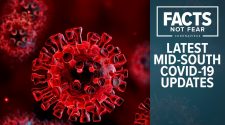The federal government is being urged to adopt the more widespread approach by academics like Michael Mina, an epidemiology professor at the Harvard T.H. Chan School of Public Health.
Mina argues that the Food and Drug Administration should authorize cheap paper-strip tests that can be used at home, similar to a pregnancy test, and that consumers should test themselves at least every other day. If people who test positive stay home, he says, it could limit the spread of the virus that causes COVID-19.
The approach has gained traction as commercial labs have struggled to quickly process more accurate tests conducted with a nasal swab sample. While there is still anecdotal evidence of long wait times, Giroir said Thursday that half the tests in the country are being done in hospitals and other congregate settings at the point of care, with processing times of 24 hours or less. At the largest private lab companies, LabCorp and Quest Diagnostics, he said processing times are now 1-2 days and 2-3 days, respectively.
Some public health experts are concerned the more widespread approach has limitations. The idea of ubiquitous testing is “being pushed without really thinking through the operational consequences,” said Jennifer Nuzzo, an epidemiologist with the Johns Hopkins Center for Health Security.
She expressed concern that these kinds of tests would put unsustainable demands on test component supply chains that are already under strain because of the pandemic. She is also concerned that the tests, which are more likely to have false positive or false negative results, could result in people like essential workers staying home when they don’t have to.

















